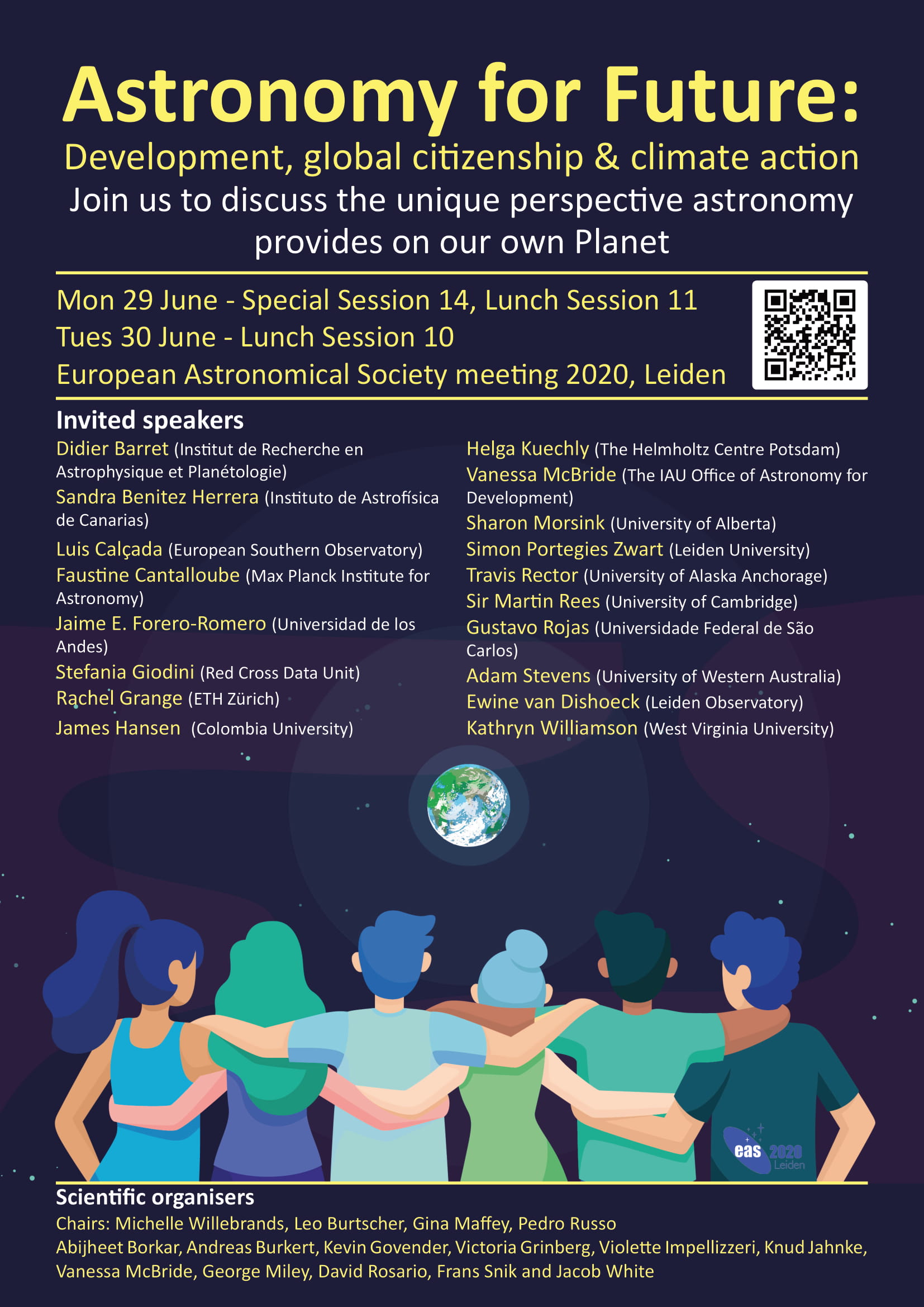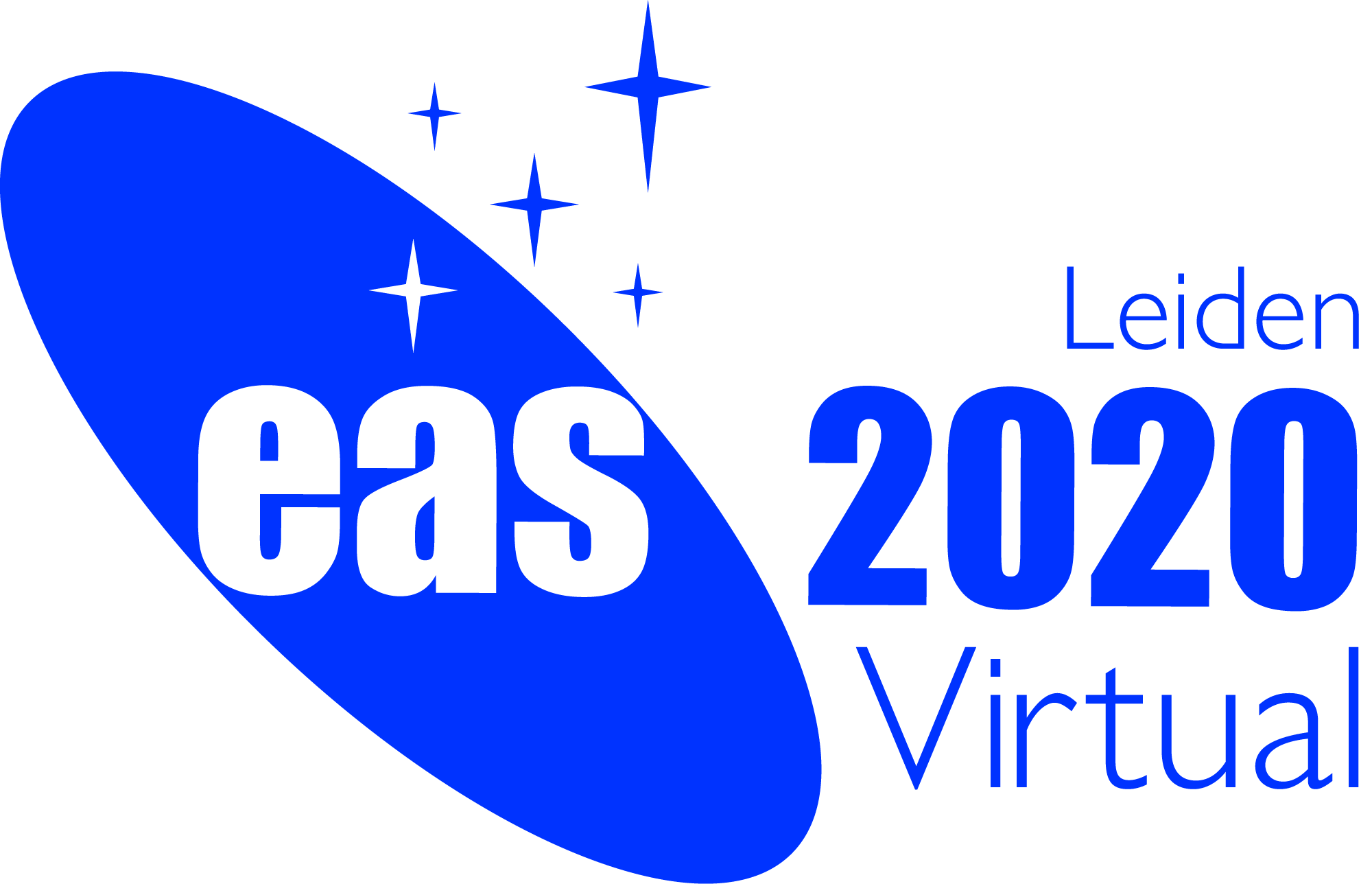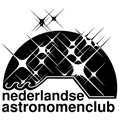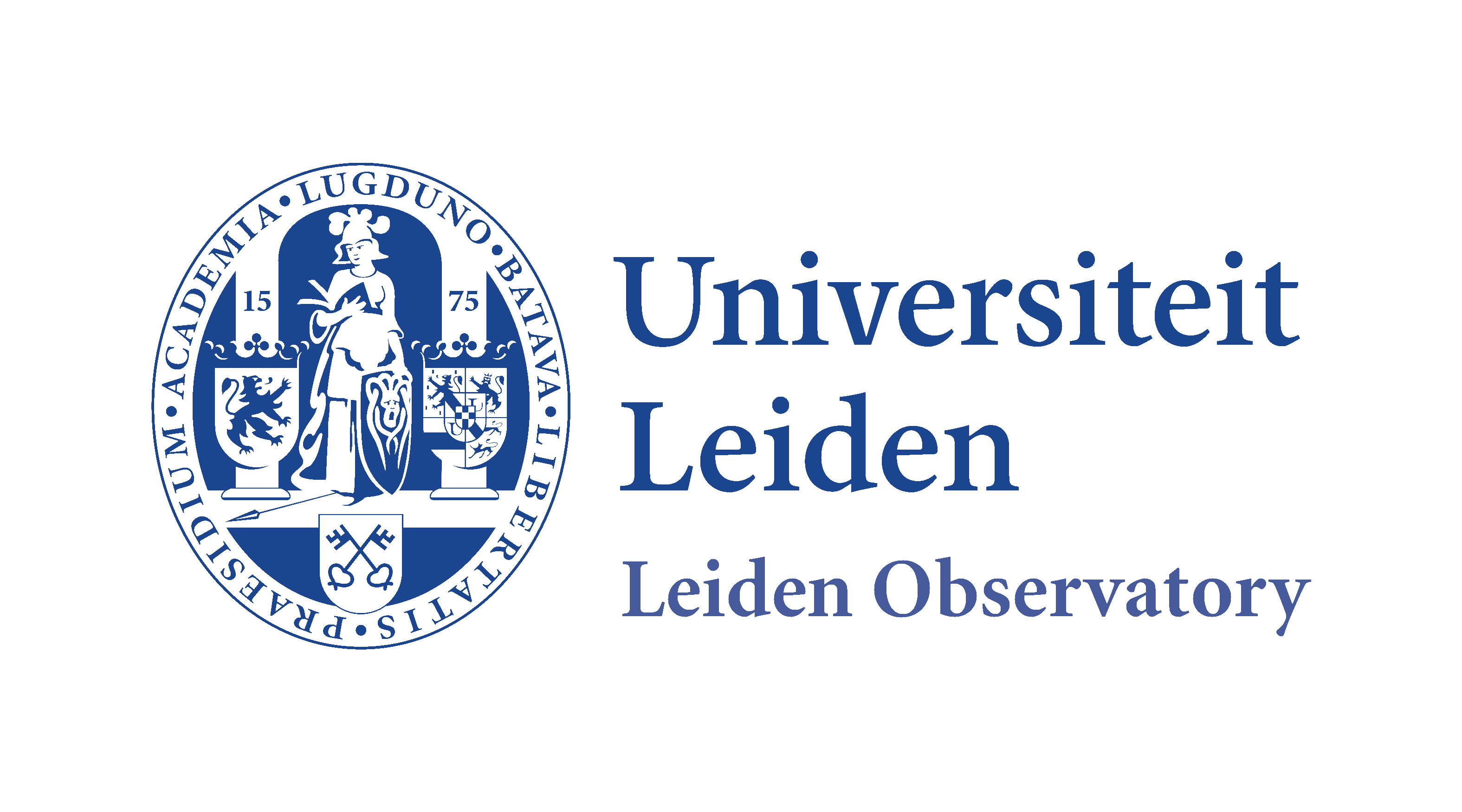Special Session SS14
29 June 2020
Astronomy for Future: Development, global citizenship & climate action
Aims and scope

- Expand the astronomy for development community to work on international and sustainable development.
- Present current astronomy for development activities and opportunities globally.
- Promote astronomy outreach for climate change.
- Explore actions that we can undertake to foster sustainable practices in astronomy.
Because of its links with fundamental sciences, advanced technology and culture, astronomy can contribute uniquely to help stimulate sustainable development and specifically, the UN Sustainable Development Goals (SDGs). In the last decade, the IAU has set up the Office of Astronomy for Development and created a network of regional offices throughout the world to use astronomy as a tool for international development. The European Regional Office of Astronomy for Development (E-ROAD) was established at Leiden in 2018 as a partnership between the European Astronomical Society and Leiden University. Amongst other projects, the E-ROAD is presently developing a global education project, Pale Blue Dot, to promote global citizenship in young children, and is also setting up a twinning programme between astronomy departments worldwide to share expertise and stimulate capacity building.
Astronomy also provides society with a unique perspective of our place in the Universe and the fragility of our planet. In the face of increasing global temperatures and climate change, there is a pressing need for astronomers to realise the role that they can play in communicating the uniqueness of planet Earth and ensuring a sustainable future. Aside from any feeling of ethical obligation to take part in this global movement, there are also the direct practical considerations for how astronomy can operate as a discipline in changing environments. The potential for astronomers to contribute to sustainability is two-fold: implement outreach activities to convince people to adopt an environmentally-friendly view & transforming astronomy to adopt sustainable practices.
We encourage the submission of posters on related topics. There will be slots for short poster presentations in the session.
Please also note the related sessions
Programme
Block I: Astronomy for Development
Invited speakers
Block II: Astronomical perspectives on global issues
- Gabriela Calistro Rivera (European Southern Observatory): "COSMOamautas: Astronomy Education as a tool for Development in Peru"
- Helga Kuechly (Helmholtz Centre Potsdam): "Light pollution"
- Kathryn Williamson (West Virginia University): "Network Improvement Community (NIC)"
- Simon Portegies Zwart (Leiden University): "Green supercomputing"
- Adrienne Cool (San Francisco State University): "Astronomers for Planet Earth"
- Jasmina Lazendic-Galloway (Monash University): " Learn to survive on Mars to appreciate the Earth ? lessons on sustainable living"
Block III: Climate Action: Astronomers for Future
- Faustine Cantalloube (Max Planck Institute for Astronomy): "The impact of changing weather patterns on ground-based astronomy"
- Didier Barret (Institut de Recherche en Astrophysique et Planétologie): "Assessing and reducing the environmental impact of large collaborations in astrophysics"
- Panel discussion on sustainability in astronomy research:
Scientific organisers
Chairs: Michelle Willebrands - IAU OAD (NL); Leo Burtscher - Leiden Observatory (NL); Gina Maffey - JIVE (NL); Pedro Russo - Leiden Observatory (NL)
Abijheet Borkar (CZ); Andreas Burkert - EAS (DE); Kevin Govender - IAU OAD (ZA); Victoria Grinberg - U Tübingen (DE); Violette Impellizzeri - ESO (CL); Knud Jahnke - MPIA (DE); Vanessa McBride - IAU OAD (ZA); George Miley - Leiden Observatory (NL); David Rosario - U Durham (UK); Frans Snik - U Leiden (NL); Jacob White (HU)
Contact
For inquiries, please contact Michelle Willebrands: willebrands @ strw.leidenuniv.nl and Leonard Burtscher: burtscher @ strw.leidenuniv.nl
Updated on Tue Jun 16 10:43:47 CEST 2020
|

 A power cut will shut down all EAS services on Tuesday, 10 January 2017 starting at 7:30 CET.
A power cut will shut down all EAS services on Tuesday, 10 January 2017 starting at 7:30 CET.



